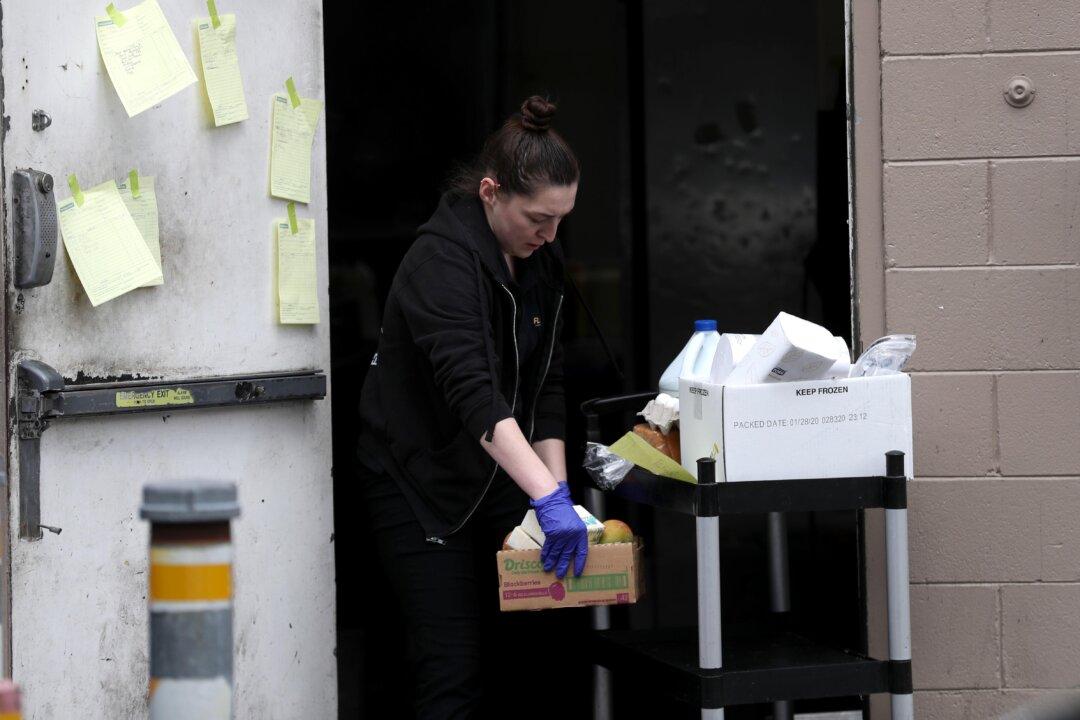Restaurants across the nation are adapting to the shutdowns caused by the CCP virus pandemic by switching to grocery sales. The strategy is a win-win-win situation, as it helps businesses stay afloat, alleviates supply shortages at regular grocery stores, and diffuses the supply glut in the hospitality industry. Some restaurants are also combining grocery sales with deliveries.
The CCP virus, also known as the novel coronavirus, broke out in the central Chinese city of Wuhan around November 2019 and was allowed to spread across China and the world due to a coverup and mismanagement by the Chinese Communist Party (CCP).





